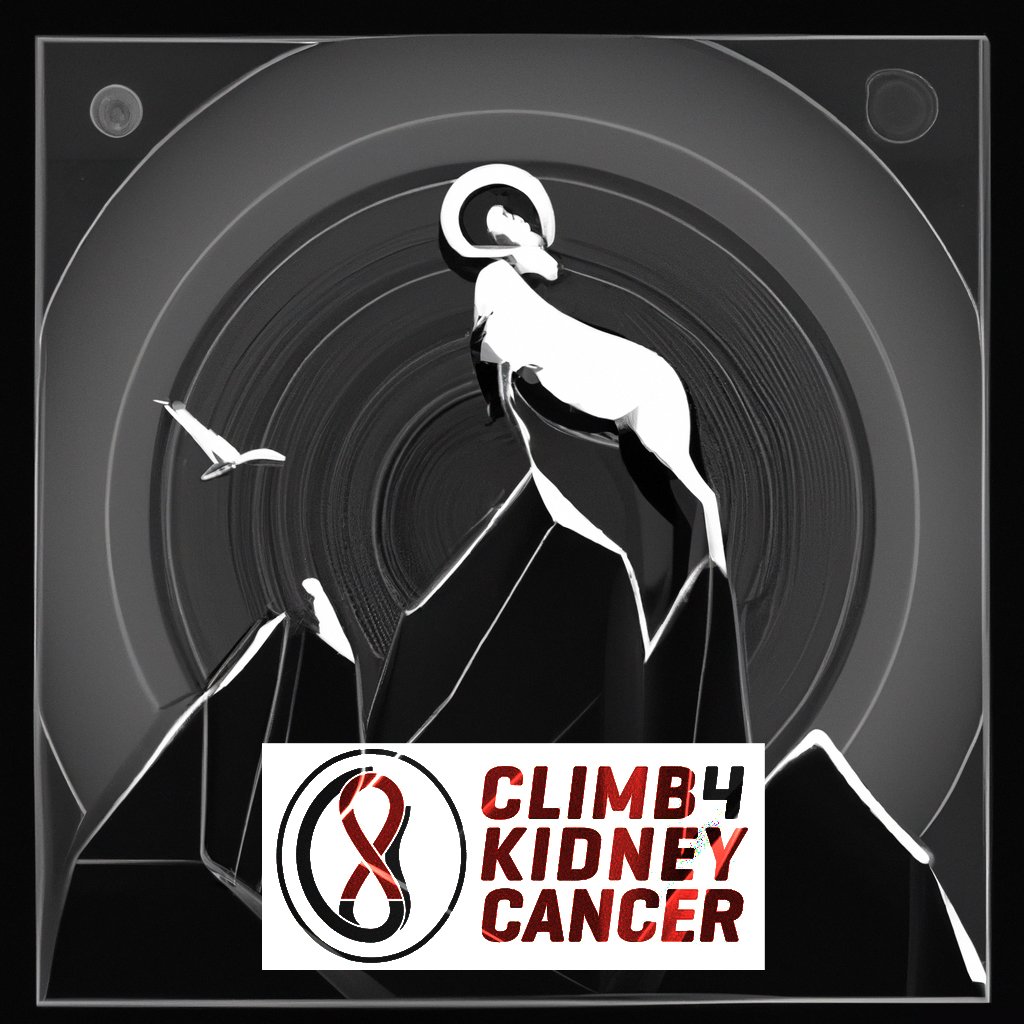
We climbed Mt. Washington for Shelby in 2017
Shelby Smith
Shelby was diagnosed with a very rare kidney tumor called a carcinoid tumor. There are less than 100 of these types of primary tumors reported in the literature. These types of tumors typically appear in the GI tract. The most common type of kidney cancer is called renal cell cancer and accounts for about 85-90% of all kidney cancer. This type of cancer has several sub-types, the most common three are clear cell, papillary and chromophobe. Urothelial cancer is the next most common type, followed by very rare tumors such as sarcomas, metastasis from other organs, lymphomas, collecting duct and far, far down on the list come primary carcinoid tumors.
Cancer is always scary, but it is particularly scary when it hits at such a young age with so much of life before you. It also hit Shelby particularly hard because her father died after battling with cancer when she was only 16 years old and those fears gripped her until she could get a plan and jump into action.
Kidney cancer usually doesn’t show up until later in life. In the United States, the average age of kidney cancer diagnosis is 65 years of age. So her health care team can really be commended for deciding to do an ultrasound of her abdomen when she had a new back pain in her kidney area.
Though her tumor was rather large (about 7 cms) she was able to undergo a partial nephrectomy and spare the remaining, normal portion of her kidney and do it with a Robot at the University of Minnesota.
Now Shelby is approaching two years cancer free and is back to doing the things she loves like being outdoors fishing or camping, or riding a Harley Davidson motorcycle. She also loves spending time with family and friends. This past year, a new shock hit Shelby and her family, her mother was also diagnosed with kidney cancer!
Mt. Washington was one of the most challenging mountains we’ve climbed in very challenging circumstances. The snow was so deep that we often sunk to our waists or deep and had to practically dig ourselves out. The exhausting work made us want to give up and turn back. We were wet from sweat, we were wet from constant contact with the snow and we were constantly exposed to wind and gusts up to 60 miles per hour, but you didn’t give up and so many others like you affected by rare cancers of the kidney don’t give up. We recognized our battle was so insignificant compared to yours and the battle 65,000 Americans face each year that we kept struggling up that mountain.


